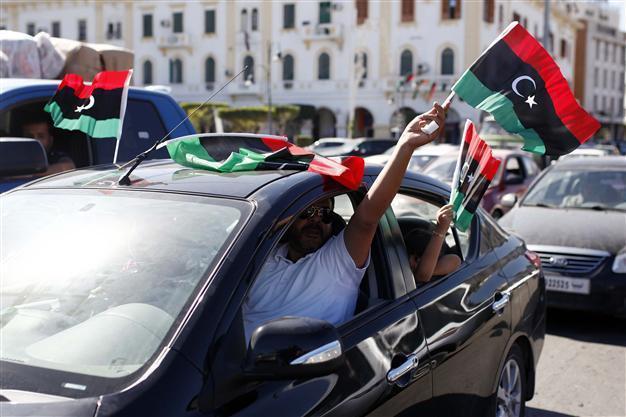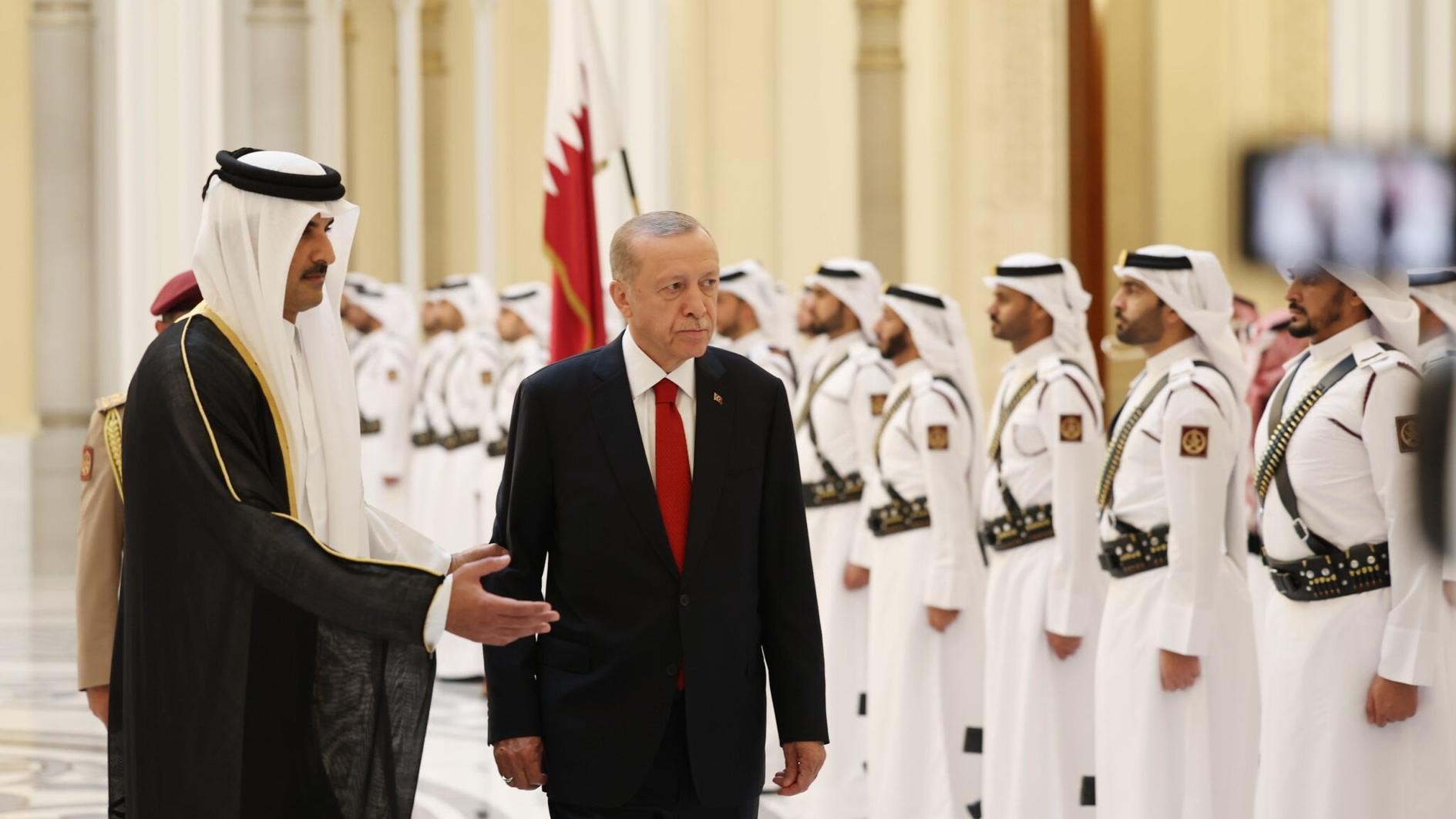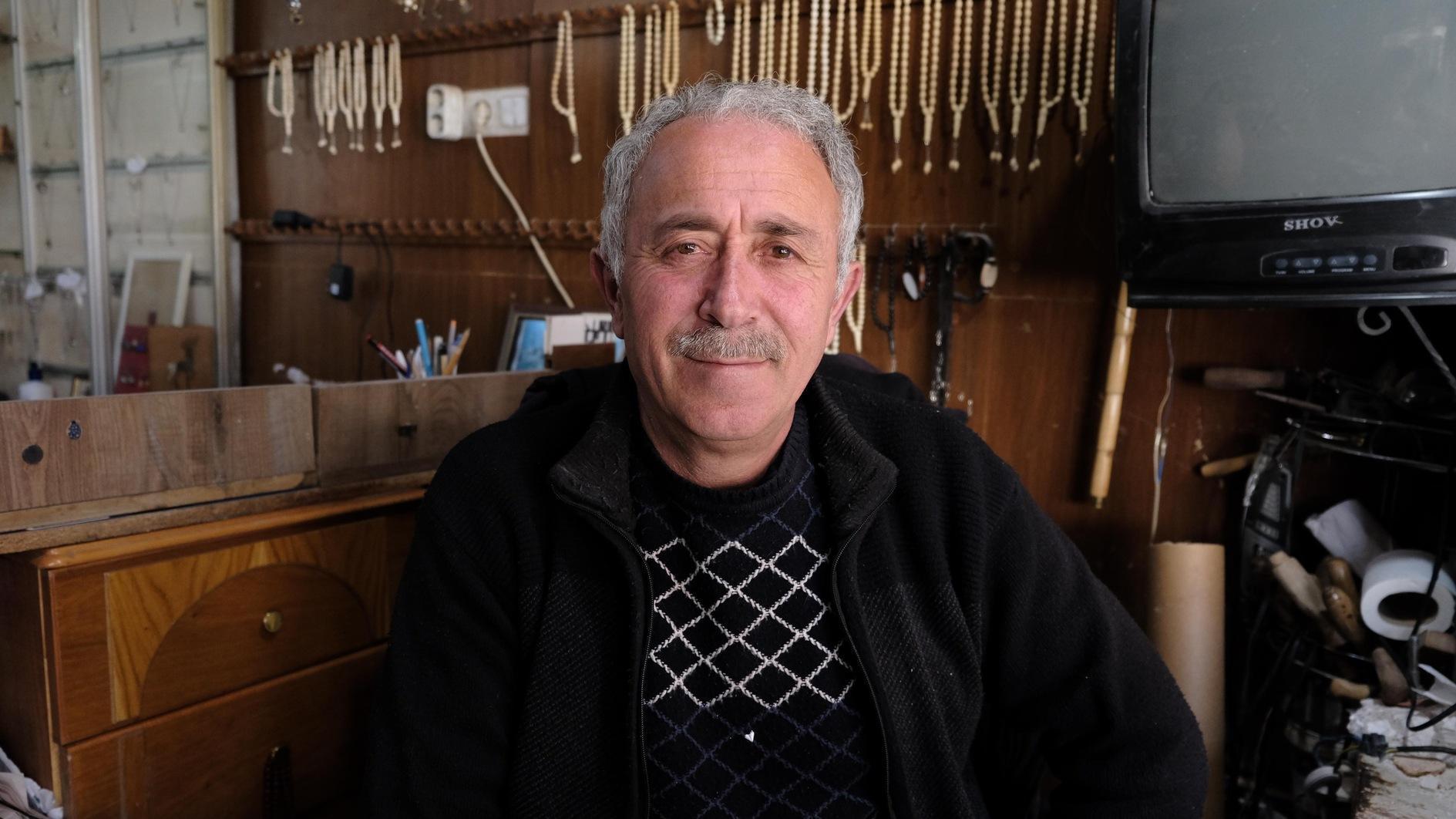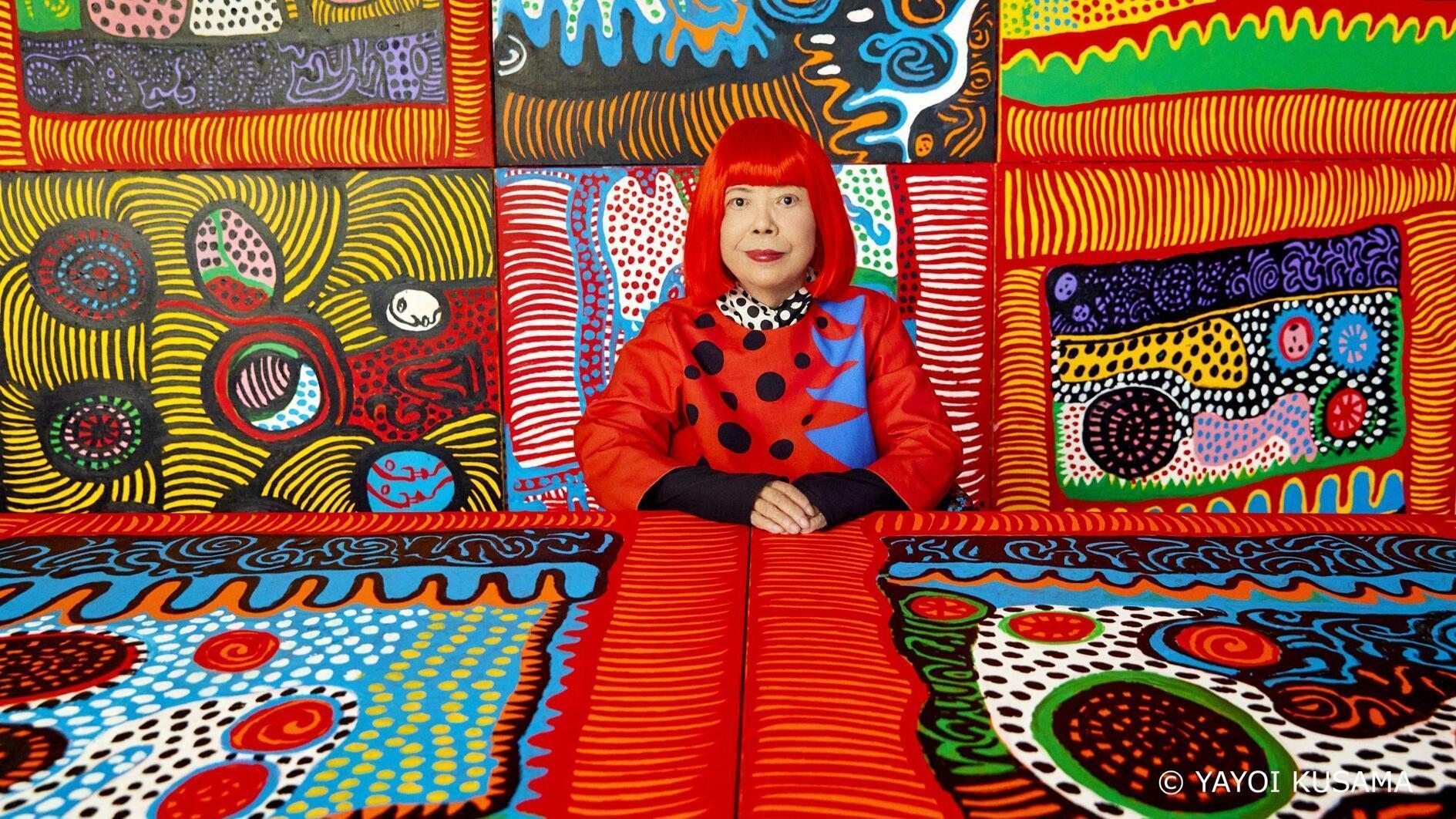Libya sees little progress in two years since end of Gadhafi rule
TRIPOLI

Libyans gesture during the celebration of the fall of Moammar Gadhafi in Tripoli, Libya. AA photo
Today, Libya marks two years since the fall of Moammar Gadhafi, but instead of the freedom and development Libyans had hoped for, the country has fallen deeper into anarchy.Rival Islamist and Western-backed factions are meddling with the country’s dizzying array of militias, turning political feuds into armed conflict.
The government did issue a brief statement on Oct. 22, congratulating the people on the “decisive day that ended tyranny and despotism,” Agence France-Presse reported. On Oct. 23, 2011, the victorious rebels declared the “liberation” of Libya from Gadhafi loyalists, three days after the once-feared dictator was captured and killed outside his home town Sirte in the final battle of the eight-month conflict.
Potential of civil war
Militias that include Islamic extremists are lining up with Islamist politicians in parliament, who have been trying to remove Western-backed Prime Minister Ali Zidan and bring stricter Islamic rule. Other armed groups support Zidan’s non-Islamist allies. The result is a fractured system where political rivalries have the potential to erupt into civil war.
In recent months, the militia chaos has only escalated, according to the Associated Press.
Zidan was briefly kidnapped by militiamen this month. Over the summer, eastern militias seized control of oil exporting terminals, sending production plunging from 1.4 million barrels a day to around 600,000, robbing the country of its main revenue source. Other militias in the south cut off water supplies to the capital for days.
Zidan’s office manager, the defense minister’s son and several judges have been kidnapped. Activists and clerics who speak out against militias have been gunned down, as have at least 100 security or military officers.
At the same time, al-Qaeda-inspired militias are spreading. The group Ansar al-Shariah, which is believed to be behind last year’s attack on a U.S. diplomatic post in Benghazi that killed the ambassador and three other Americans, is increasing its strength not only in Benghazi, but in cities further west like Sirte and Ajdabiya.
“We are not a state by the normal definition of the word,” Zidan acknowledged to reporters in Tripoli on Oct. 20. “The government is rowing against the current and this is very difficult.”
With the overthrow of the Gadhafi regime, the country’s once-pervasive security apparatus also collapsed and the new authorities have struggled to create a new army and police force.
Instead, it has had to rely on the former rebel militias, which have their own competing ideological, regional and tribal loyalties.
Despite the chaos, Fethi Terbel, the lawyer and human rights activist whose arrest on Feb. 15, 2011 sparked Libya’s uprising, was tentatively optimistic.
“Two years after the liberation, I have a positive outlook; despite the bitterness that dominates most people’s feelings, which seems to me to be the natural result of a revolution still in its infancy,” he said. Terbel said Libya’s instability was the “legacy of the former regime,” which left “state institutions in meltdown.”
Transition to democracy
The roadmap for the transition to democracy was supposed to give the country sustainable institutions to help bring stability, but the current turmoil has cast doubts over the roadmap.
After more than 40 years under Gadhafi’s reign, Libya held its first free elections in July 2012, in a bid to choose the General National Congress (GNC), the country’s highest political authority. The success of a possible transition to democracy, however, remains doubtful, due to political tension and chronic insecurity in the country.
The country must now choose an assembly to draft a new constitution, but militias left over from the 2011 uprising control much of the country and bitter political infighting and threats to boycott the upcoming vote could derail the process. The failure of the government to set up a professional police and army has prompted mounting criticism against its human rights record. Residents of Tawargha, a town that was a base for Gadhafi’s forces during the 2011 uprising, have been hounded out of their homes and prevented from returning by former rebels, Amnesty International said Oct.23.
















